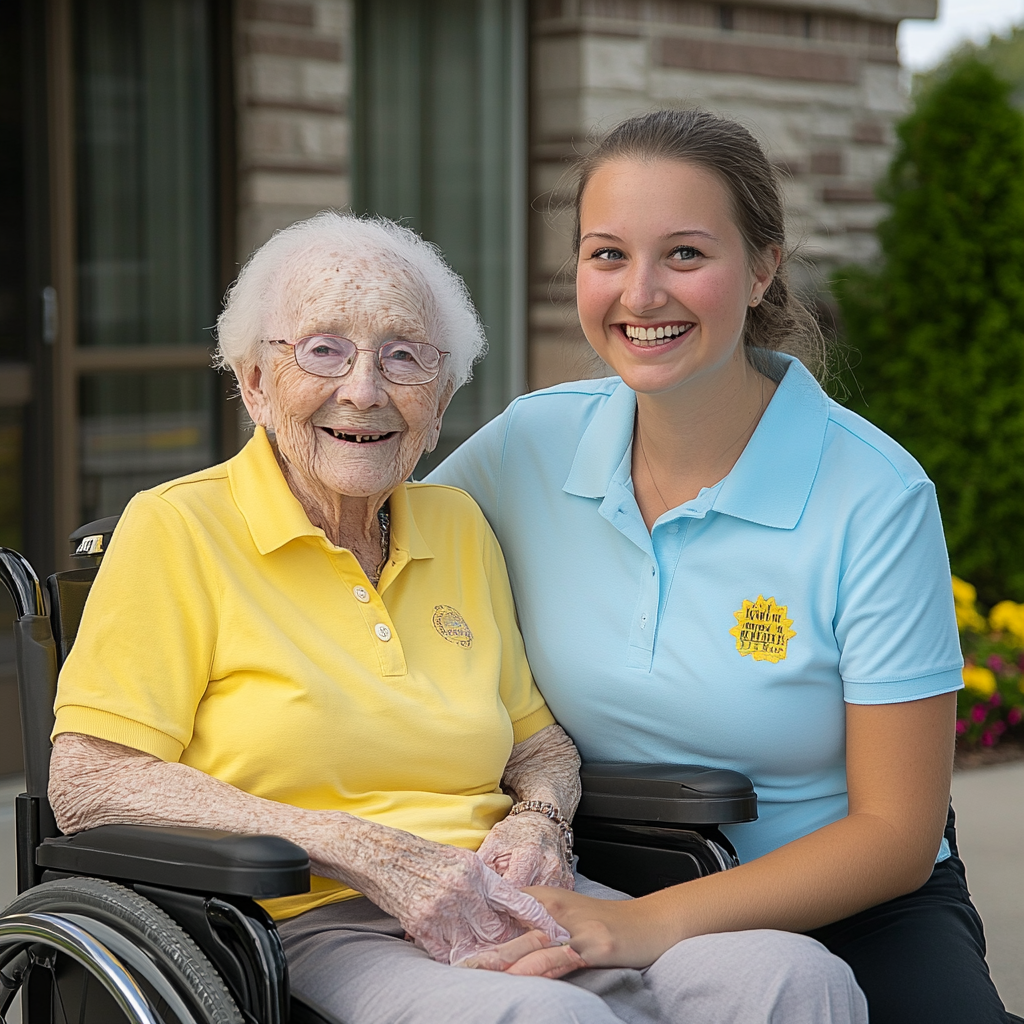Click to Call Today: 480-908-9733
Companion care is a type of non-medical care that focuses on providing companionship, emotional support, and assistance with daily living tasks for individuals, particularly older adults or those with disabilities. It emphasizes social interaction, mental stimulation, and helping individuals maintain independence in their homes. Key aspects of companion care include: • Companionship: Spending time with someone to provide emotional support, engage in conversation, and help alleviate feelings of loneliness. • Socialization: Encouraging social engagement and activity through activities like playing games, going on walks, or participating in group activities. • Assistance with Daily Living: Helping with tasks like meal preparation, light housekeeping, running errands, and transportation. • Emotional Support: Providing a friendly presence, listening, and offering encouragement. • Mental Stimulation: Engaging in activities that stimulate the mind and memory, such as reading, playing puzzles, or discussing current events. Who benefits from companion care? Companion care is often used by: • Older adults: To help them maintain independence in their homes while providing social interaction and emotional support. • Individuals with disabilities: To help them with daily tasks and provide companionship and support. • Individuals recovering from illness or surgery: To help with their recovery process and provide emotional support. How is companion care different from other types of care? • Home health care: Focuses on providing medical and nursing care, while companion care is non-medical. • Personal care: Focuses on assisting with activities of daily living, such as bathing and dressing, while companion care also includes social interaction and emotional support. • Adult day care: Provides a structured day program for older adults, while companion care is typically provided in the individual’s home.
